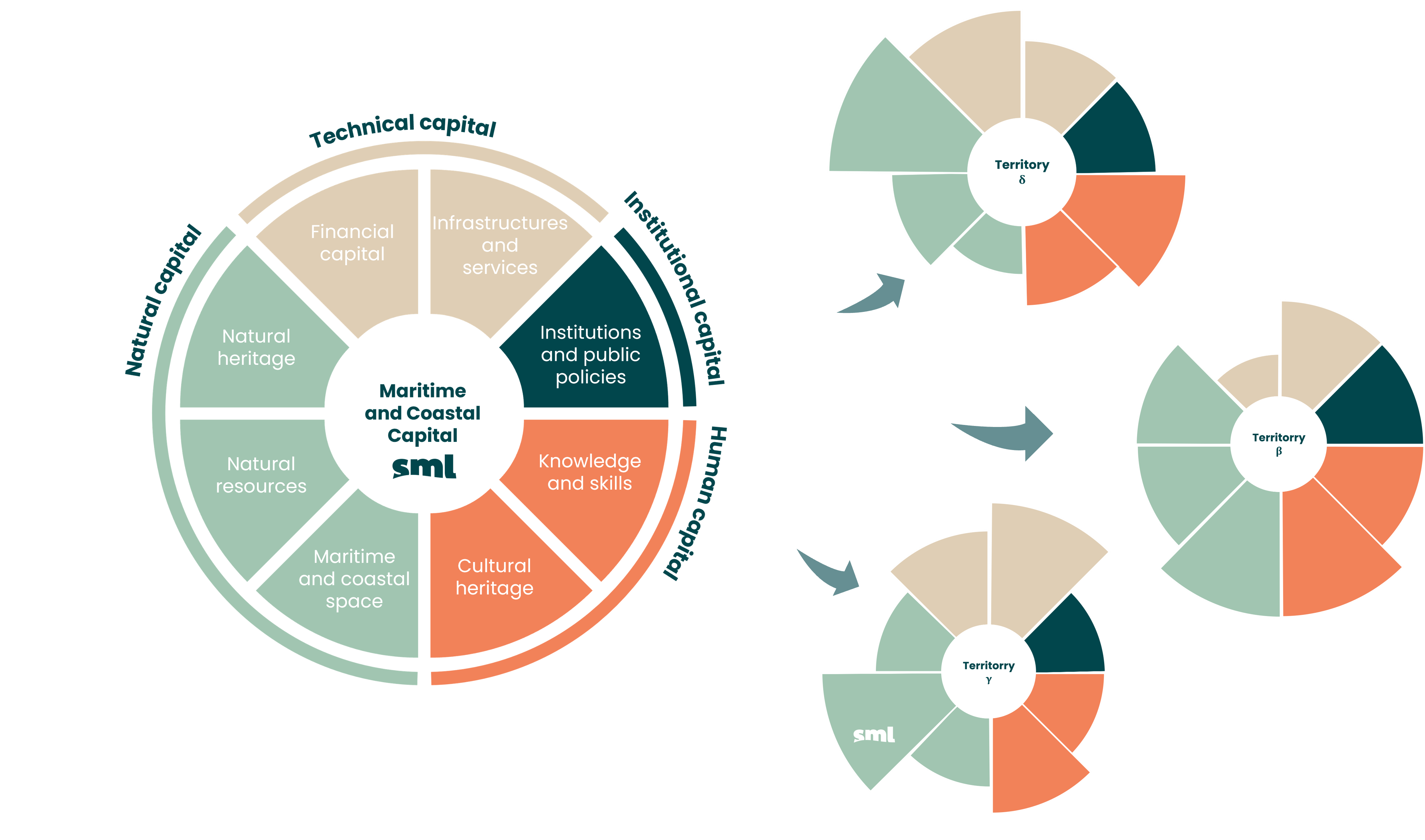The concept of the "blue economy", which has been around for a few years, reflects the awareness of "land-based" actors and decision-makers of the importance of the ocean in the current and future global economy. Humanity is discovering, or rediscovering, what the sea provides: an unrivalled global transport network, diversified resources, essential ecosystem services (stabilisation of the coastline, carbon sequestration), and a certain number of responses to the challenges of the 21st century (biotechnologies, marine energy). Coastal territories are the first to be affected and must be able to capture the value of the blue economy while controlling its impacts.
SML & blue economy
The blue economy concerns not only the professional users of the sea, but also the territories that host their activities. However, it still has only a very modest place in the territorial strategies Even in coastal areas, territories have difficulties in appropriating these close but not very accessible spaces and in extending their plans and projects. In support of the latter, SML intervenes by mobilising its innovative approach to Maritime and Coastal Capital. This integrated method allows us to assess the strengths and weaknesses of a maritime or coastal territory by simultaneously analysing its characteristics natural (its maritime space, resources and ecosystems), human (its know-how, its culture), institutional (its regulations and policies) and techniques (its infrastructures, its finances). By cross-referencing these results with local, national and international contexts, this approach enables us to identify opportunities specific to the blue economy of each territory, while illustrating the threats that may weigh on it, and the levers of action (political, financial) that can be mobilised to seize or avoid them.
Rather than the classic vision of developing commercial activities, our objective is to respond to the specific challenges of a territory, including (i) preserving, developing and enhancing its capital, (ii) attracting as much value and employment as possible linked to maritime activities in a given territory throughout the value chain of economic activities, and (iii) developing synergies between sectors which are not by nature linked to the sea.




